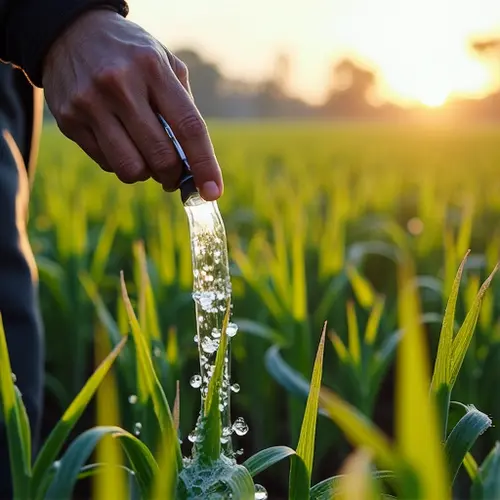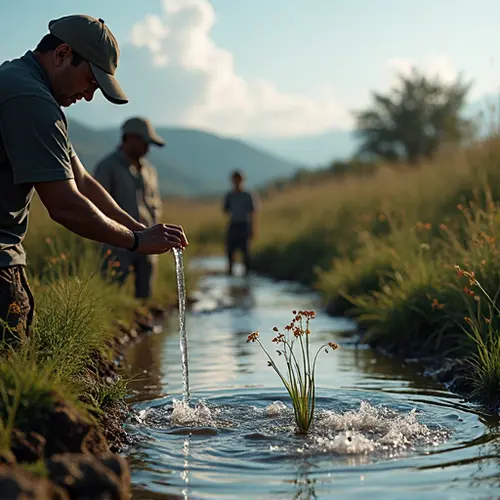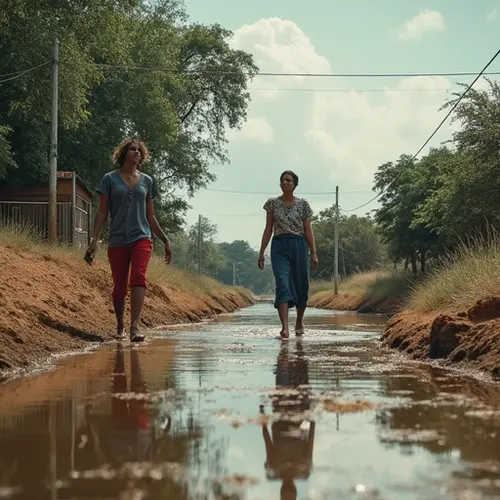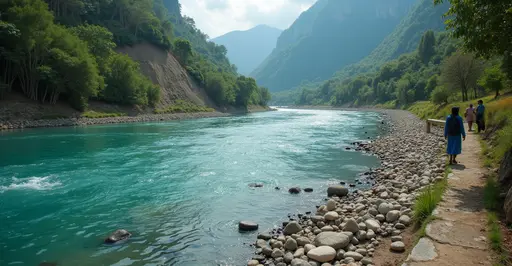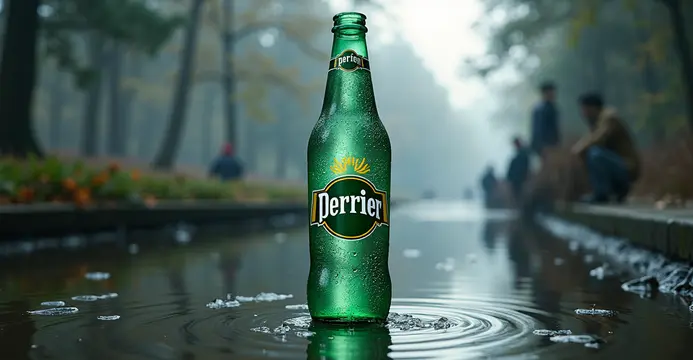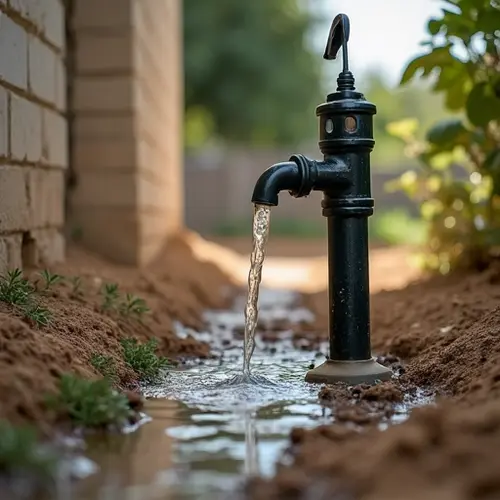
Water Restrictions Enforced Across Drought-Stricken Regions
Municipalities nationwide are implementing strict water rationing measures as drought conditions reach critical levels. These restrictions target non-essential water usage including lawn irrigation, car washing, and swimming pool filling. The measures come as reservoir levels drop to historic lows after consecutive dry seasons.
How Restrictions Are Being Implemented
Most regions have adopted the "odd/even" system where homes with odd-numbered addresses can water outdoors on odd dates, and even-numbered homes on even dates. Other common restrictions include:
- Complete bans on sprinkler systems and hosepipes
- Limited watering hours (typically early morning or late evening)
- Prohibitions on washing driveways or hard surfaces
- Commercial car washes required to implement water recycling
Regional Responses to Water Shortages
In Wichita, Kansas, Stage 2 drought restrictions are currently in effect. Officials have accelerated completion of a new water treatment plant scheduled to open later in 2025. Meanwhile, communities in the Southwest are implementing xeriscaping initiatives that replace water-intensive lawns with drought-resistant native plants.
"We're seeing unprecedented demand on our water systems," says environmental scientist Dr. Marcus Chen. "These measures aren't just about conservation - they're about ensuring basic human needs are met through the dry season."
Consequences for Violations
Authorities are enforcing restrictions through warnings, escalating fines, and in extreme cases, installing flow-limiting devices on water mains. First-time offenders typically receive warnings, while repeat violations can lead to $500+ fines in most jurisdictions.
Long-Term Solutions
Many municipalities are investing in greywater recycling systems that repurpose household wastewater for irrigation. Australian research shows such systems can reduce outdoor water consumption by 40% when properly implemented. The EPA also recommends rainwater harvesting and drought-resistant landscaping as permanent solutions.
As climate patterns shift, water conservation experts emphasize these restrictions may become permanent measures rather than temporary responses to drought conditions.

 Nederlands
Nederlands
 English
English
 French
French
 Deutsch
Deutsch
 Espaniol
Espaniol
 Portugese
Portugese




